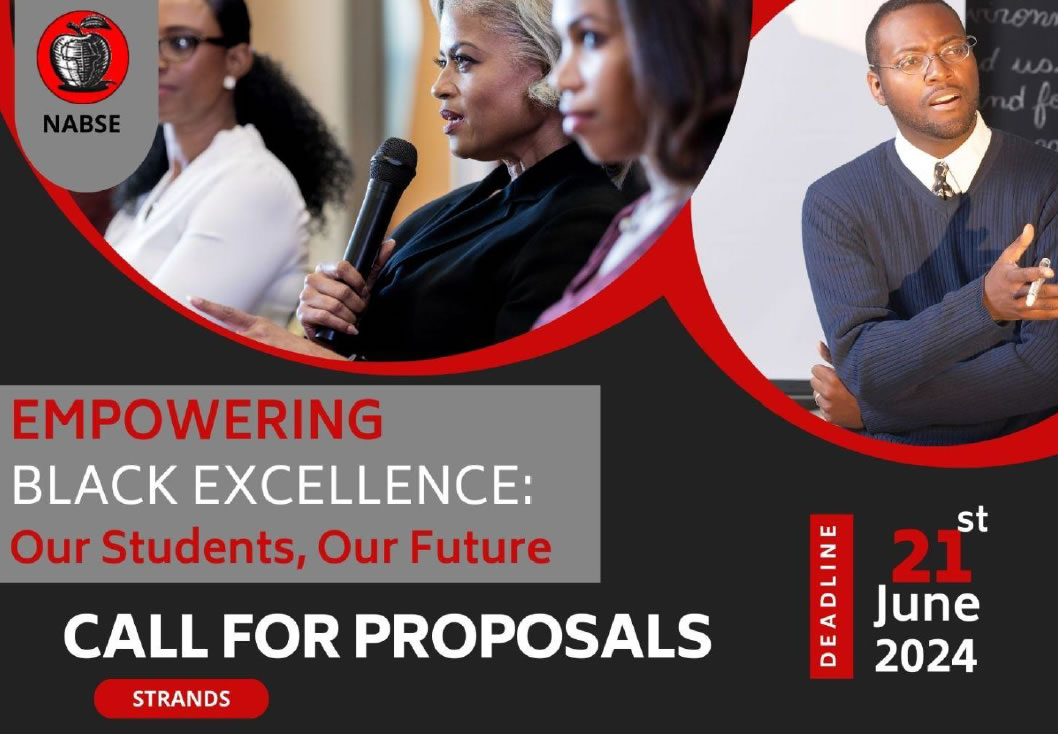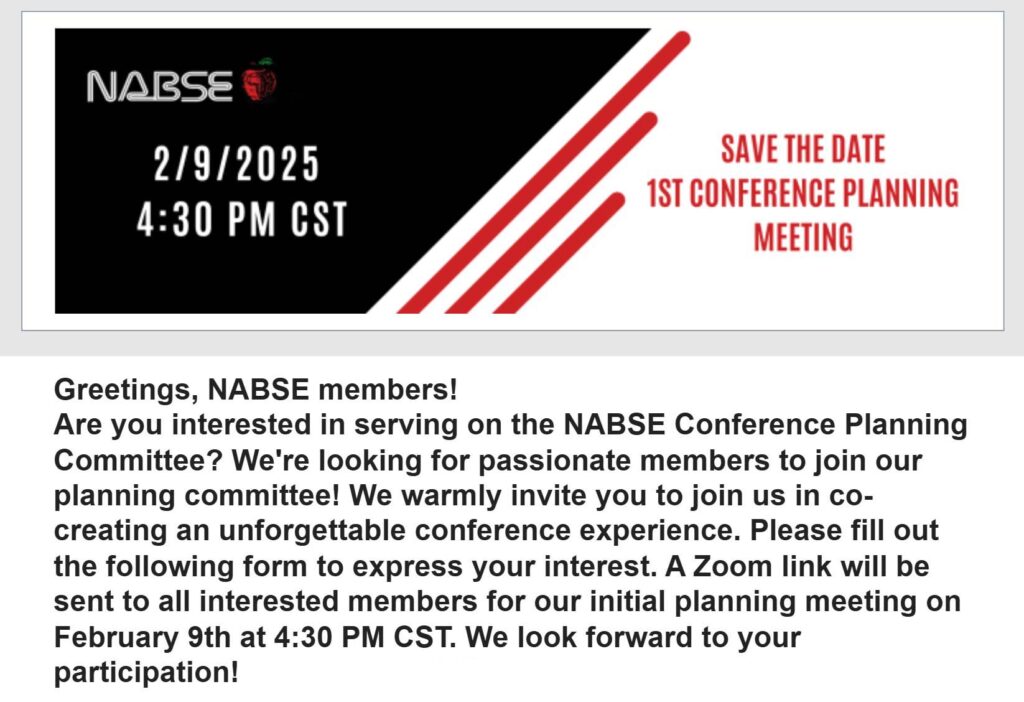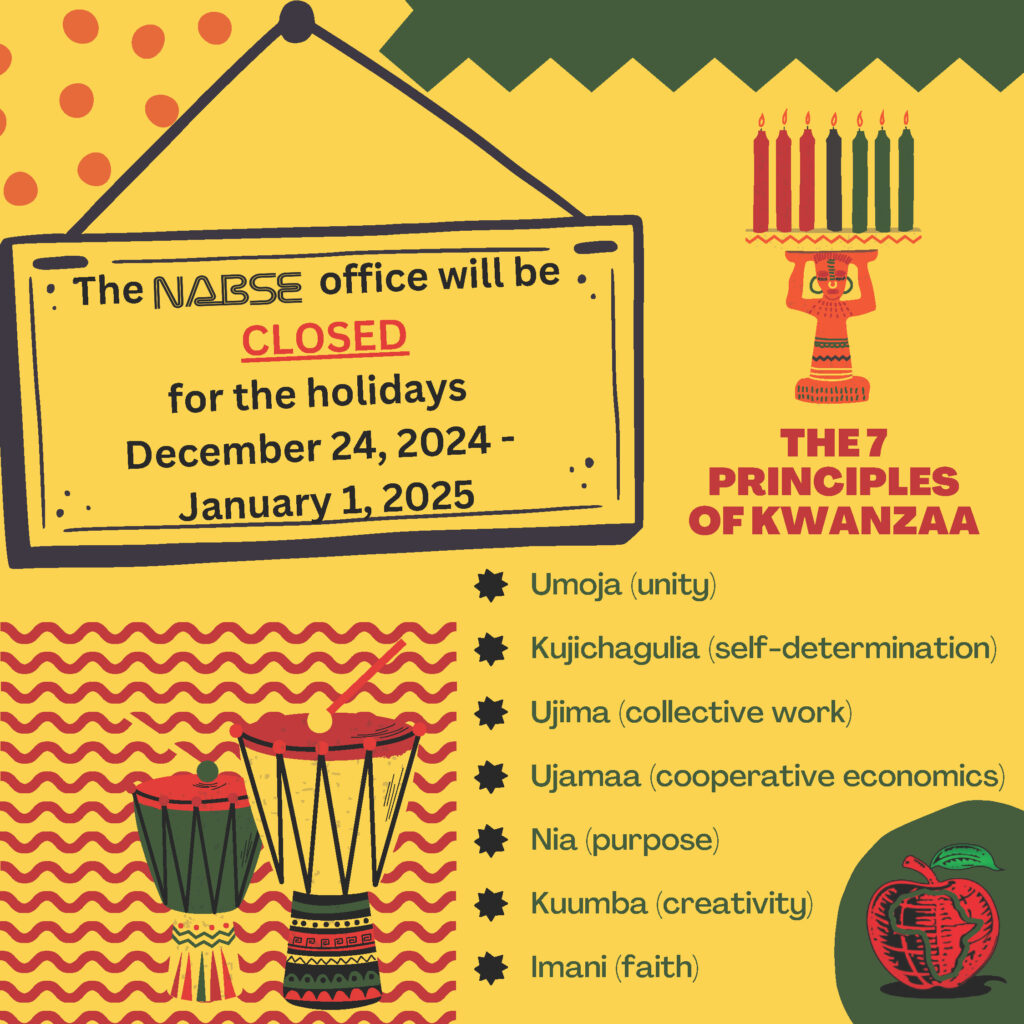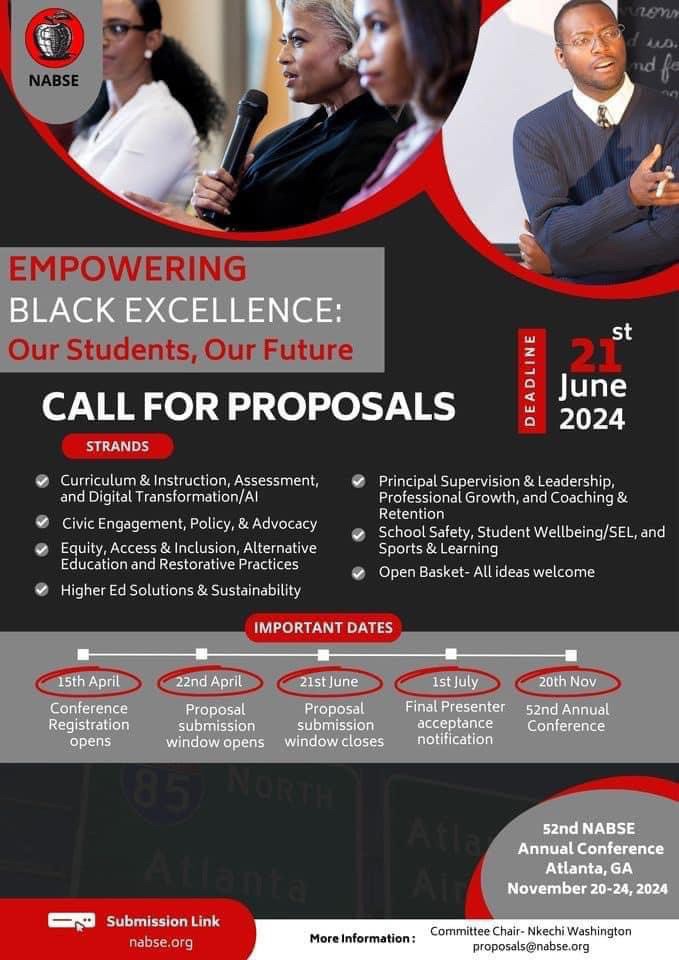
STRANDS
Curriculum & Instruction, Assessment, Digital Transformation/AI
Overview: Proposals submitted under this strand must focus on innovative ways to integrate
technology into educational settings for transforming teaching and learning. The submissions
should highlight strategies for using technology to enhance administrative processes' efficiency
and improve organizational effectiveness. It is encouraged to outline plans for technology integration that cover assessing and upgrading the existing infrastructure, setting up robust data
management systems, and promoting digital citizenship and safety. We look forward to receiving
submissions that offer practical solutions and creative ideas to leverage technology for continuous growth and achievement in educational settings.
Topics for this strand include:
- Curriculum Development
- Instructional Strategies
- Assessment Practices
- Technology Integration
- Infrastructure and Support
- Data Management and Analytics
- Digital Citizenship and Safety
Equity, Inclusion, Belongingness & Access, Alternative Education Practices
Overview: This strand calls for proposals that address the challenges of equity, inclusion, and access within educational settings. Submissions should focus on how these three interconnected concepts can foster healthier communities, schools, and workplaces. Proposals should detail strategies for bringing together diverse people, perspectives, and ideas to strengthen social constructs and promote inclusivity.
Proposals should aim to demonstrate practical methods for improving equity and access,
ultimately fostering environments where all members feel valued and included.
Topics for this strand include:
- Challenges and Barriers
- Innovative Strategies
- Technology and Innovation
- Empowerment and Access
- Parent and Community Engagement
- Health
School Safety, Well-being/SEL, and Sports & Learning
Overview: This strand seeks proposals that focus on enhancing youth mental health and well-being within school environments, recognizing the significant amount of time students spend
in classrooms. Submissions should emphasize collaboration among school districts, schools, teachers, and service providers to promote student well-being.
Proposals should explore effective ways to bolster classroom mental health support through collective efforts, including prioritizing the well-being of educational staff. We invite innovative approaches that can demonstrate tangible improvements in student mental health and create supportive, inclusive educational environments.
Topics for this strand include:
- Importance of physical safety measures in schools and districts.
- The role of mental health services in creating a safe environment (counseling,
anti-bullying initiatives, and suicide prevention). - Cybersecurity measures.
- Collaboration with parents, community members, and law enforcement
- Support systems for student and teacher wellbeing
- Work-life balance
- The benefits of sports (teamwork, leadership, communication, resilience, and social
development)
Principal Supervision and Leadership Professional Growth, Coaching & Retention
Overview: This strand invites proposals that focus on building leadership capacity among central office and school leaders to navigate the challenges of the post-pandemic education landscape. Submissions should outline strategies for enhancing the skills and support systems necessary for leaders to guide their districts or schools toward success.
Proposals should detail how ongoing supervision and professional development can improve principals' leadership abilities, instructional practices, and their capacity to foster positive school cultures. Proposals should consider the benefits of investing in leadership development programs to retain talented administrators, thus ensuring continuity and stability within schools. We are looking for innovative approaches that effectively empower educational leaders to thrive in their roles and drive significant improvements in their educational settings.
Topics for this strand include:
- Principal Supervision, Coaching, and Mentorship
- Central office leaders' influence and effectiveness.
- Principal pipeline and professional development
- The role of the assistant principal.
- Communication, emotional intelligence, and relationship-building in educational leadership.
- Aspiring school leader’s growth and development
- Mentoring programs, leadership training, and networking opportunities.
Higher Ed Solutions & Sustainability
Overview: Proposals for this strand should focus on how the landscape of higher education is evolving rapidly, with the urgent need to address sustainability challenges while ensuring student success and engagement. In response to this imperative, we invite proposals for innovative projects that focus on advancing sustainability initiatives within higher education institutions. We seek proposals that leverage innovative teaching methods and technology. This may include the integration of virtual reality, augmented reality, gamification, and other emerging technologies into curriculum design, as well as the development of online resources and platforms to support sustainable education initiatives. Proposals should explore strategies and initiatives aimed at enhancing student success through the implementation of high-impact practices, innovative approaches to including the use of social media, peer-to-peer learning networks, and co-curricular activities. Proposals may outline strategies for identifying and supporting at-risk students, including first-generation college students, low-income students, students of color, and other marginalized groups.
Topics for this strand include:
- Student Success and High Impact Practices
- Innovative Teaching Methods and Technology In Higher Ed
- Strategies for Engaging Millennial and Gen Z Students
- Student Retention and Success: Identifying and Supporting At-Risk Populations
- Partnerships- Districts, Community Colleges, and Workforce
Civic Engagement, Policy, & Advocacy
Overview: This strand focuses on the crucial roles of civic engagement, policy, and advocacy in
enhancing the effectiveness of the education system. Proposals should demonstrate how school leaders can collaborate with policymakers to advocate for educational policies that foster student learning, promote equity, and facilitate school improvement. Submissions should also detail how leaders can participate in local, state, and national advocacy efforts to prioritize education and secure the necessary resources and support for schools to excel.
Applicants are encouraged to outline strategies for building relationships with local policymakers and community leaders to champion educational policies that benefit all students. Proposals should include insights into the policy-making process, emphasizing the importance of public participation and stakeholder engagement in developing responsive and inclusive legislation.
Topics for this strand include:
- Build relationships with local policymakers and community leaders to promote educational policies that benefit all students.
- Understand the policy-making process, highlighting the importance of public participation and stakeholder involvement in creating effective legislation.
- Implement advocacy strategies and campaigns that result in significant policy changes.
- Utilize engagement tools like social media, grassroots organizing, and public forums.
- Identify challenges and propose solutions in civic engagement and advocacy.
Open Basket
Overview: This strand offers the opportunity to submit proposals that address topics not covered in
other strands, specifically focusing on advancing the mission of NABSE.
Proposals should aim to:
- Enhance the educational achievements and opportunities for all youth and adults.
- Improve educational outcomes for students of African descent.
- Research and develop strategies to remove educational barriers for all children, with a particular focus on children of African descent.
Submissions should clearly articulate how the proposed initiatives will support these
objectives. This strand invites innovative and impactful approaches that contribute to
advancing quality education and equity.
Workshop proposal submission guidelines
Proposals Submission: Proposals will be judged on five criteria: 1) relevance to the strands, 2) content quality, 3) clarity, 4) audience engagement, and 5) usefulness and application.
IMPORTANT DEADLINES AT A GLANCE
| June 21, 2024 | All proposals must be submitted by 11:59 p.m. at the NABSE website via Call for Proposal link. |
| July 1, 2024 | Rolling conditional acceptance will be sent to the lead presenter electronically via email, addressing the status of his/her proposal. |
| September 15, 2024 | Approved and accepted proposal presentations will be scheduled for 1 of 3 dates of the Annual Conference with confirmed registration of Presenter and Co-Presenter(if applicable). |
3. All proposals (due June 21, 2024) must be uploaded to the online workshop proposal portal on the NABSE website via nabse.org. Failing to upload the proposal submission using the portal will disqualify the proposal from consideration.
4. The proposal submission must adhere to the following expectations:
- The lead presenter and all co-presenters must be listed on the submission form with their email addresses.
- All presentation titles must clearly describe exactly what the presentation is about and be concise and specific. NABSE reserves the right to edit the presentation title and description. Remember, each presentation must clearly identify with one of the workshop strands.
- A presentation description must be submitted, limited to 100 words, excluding the title, and address the five (5) criteria.
5. Registration: All presenters whose presentations are selected must register and pay registration fees. NABSE does not pay honorariums or assume travel, lodging, or other additional costs associated with presenting at the Annual Conference.
6. Audio/Visual: NABSE will provide one podium, microphone, screen, LCD projector, and Internet access for each workshop. Presenters may rent additional A/V equipment from the conference A/V supplier at their own expense. An A/V Rental Form will be available on the NABSE website.
7. Lead Presenter: NABSE will officially correspond only with the lead presenter. It is the lead presenter’s responsibility to communicate all conference information in a timely manner to all co-presenters.
8. Submission Notification: The lead presenter will electronically receive written notification on the status of their proposal. A list of the NABSE 2024 workshops and presenters will also be posted on the NABSE website. Lead presenter of selected proposals will also receive a confirmation email detailing the scheduled session's date, time, and place.
9. Presenters may be able to sell their publications and/or multi-media products during the Conference in the NABSE Exhibition Hall ONLY.
10. For additional information or inquiries about conference workshops or workshop logistics, email proposals@nabse.org.





